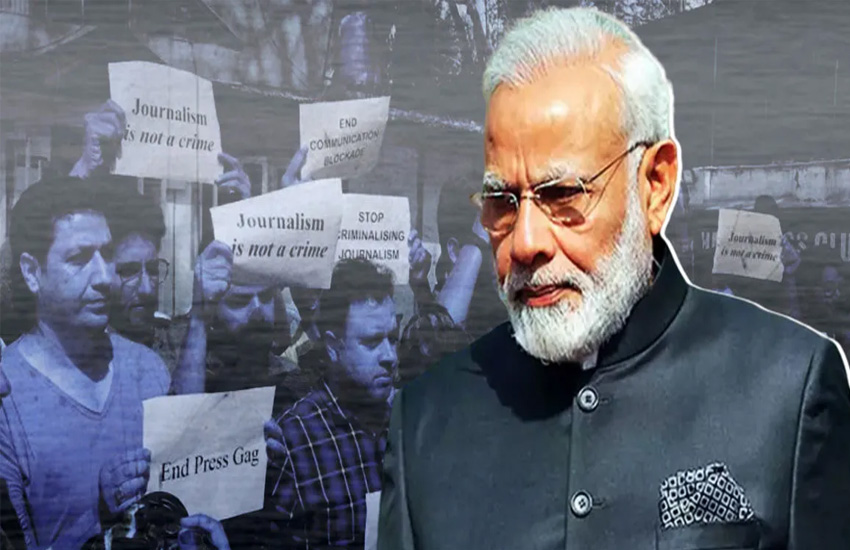The Modi government's proposed Telecommunications Bill of 2023 has ignited a wave of apprehension among telecommunications companies and social media users, as it grants unprecedented powers to the government, allowing them to shut down any social media platform at their discretion.
Critics argue that this move poses a threat to freedom of expression and press freedom in India.
The bill, set to be passed after recent approval, hands over authoritative control of telecommunications regulation to the Modi government. This development has sparked concerns about potential misuse of power, especially considering the government's track record in handling dissent and criticism.
In January 2023, Tesla and SpaceX CEO Elon Musk accused the Modi government of pressuring Twitter to remove tweets critical of the administration.
The allegations raised eyebrows, further fueling concerns about the government's interference in social media platforms to control the narrative.
February saw a controversial turn of events when raids were conducted on BBC offices following the release of an anti-Modi documentary. The move was met with widespread condemnation, with critics denouncing it as an attack on press freedom.
The incident underscored the growing unease surrounding the government's stance on dissenting voices.
The suppression of political opposition came to the forefront in March 2023 when Rahul Gandhi, a prominent leader of the Congress party, had his parliamentary membership suspended for openly criticising Prime Minister Modi.
Critics argued that such actions undermine the democratic principles that India stands for, as political discourse becomes increasingly stifled.
The international community has also taken note of the situation. Amnesty International, a global human rights organization, had previously shut down its offices in India in 2020, citing government pressure as a primary reason. The current scenario only adds to the concerns about the use of anti-terrorism laws as a tool to suppress press freedom, raising alarms on a global scale.
As the Telecommunications Bill of 2023 approaches passage, there is a growing chorus of voices calling for a careful examination of its implications on freedom of expression and the press. The Modi government faces mounting pressure to address these concerns and ensure that the legislation strikes a balance between national security and safeguarding fundamental democratic values.



























